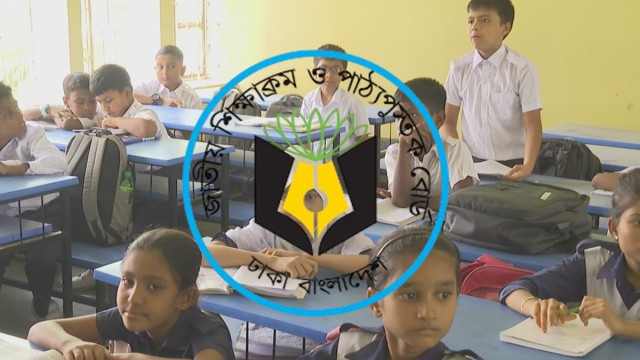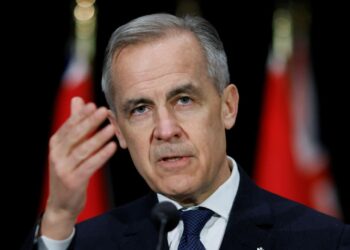A landmark shift in education policy, the government of Bangladesh is preparing to implement a new national curriculum at the secondary level, set to begin in 2027 with grade six and gradually expand to higher grades. Officials confirm that this reform initiative responds directly to the demands raised by students, teachers, and guardians during the mass uprising of July 2024—a pivotal event that continues to shape the direction of the interim government’s educational policies.
What Will Change in the Curriculum?
The new curriculum is being prepared by the National Curriculum and Textbook Board (NCTB). It is based on ideas from the education systems of 16 other countries. The goal is to reduce rote memorization and make learning more practical and hands-on, so that students are ready for real-life jobs and challenges.
Dr. Chowdhury Rafiqul Abrar, the Education Adviser, said,
“We are developing this curriculum through dialogue and national consensus. It must reflect both global standards and local realities.”
The new curriculum will still focus on important national topics like:
-
Love for the country (patriotism)
-
The 1952 Language Movement
-
The 1971 Liberation War
At the same time, the protests of July 2024 and global education ideas will help shape new teaching and learning styles.
Read more: Railway efficiently provides Special trains for Jamaat’s rally tomorrow
When Will It Start?
NCTB officials say the basic structure of the new curriculum will be ready by December 2025. It will include parts of both the 2012 and 2022 curriculums, though it is not yet decided which one will be the main model.
NCTB Chairman, Professor Robiul Kabir Chowdhury, said Dhaka Tribune,
“The current grade nine students, who are scheduled to sit SSC exams in 2027, will do so under the existing 2012 curriculum.”
He further said,
“That gives us the timeline and the target. Our internal preparations have already begun.”
Earlier, the current government canceled the 2021 curriculum (introduced by the previous Awami League government) and brought back the 2012 version for secondary schools. At the primary level, the 2022 curriculum is still in use, and new books are being written for it.
Past Education Reforms
Since Bangladesh became independent, there have been many efforts to improve education. Some of the most well-known commissions and policies include:
-
Kudrat-e-Khuda Commission (1972)
-
Shamsul Haque Committee (1976)
-
Kazi Zafar Ahmed Commission (1978)
-
Kabir Chowdhury Commission (2009)
-
National Education Policies in 2010 and 2022
The Awami League introduced the 2021 curriculum as part of its education reform, but it was dropped by the current interim government due to criticism.
Siddique Zobair, Senior Secretary of the Education Ministry, said,
“Introducing a curriculum across all grades simultaneously is not a prudent approach. ”
He further said,
“That is why we are starting with grade six and expanding it one grade at a time each year.”
The 2022 curriculum focused on values like nationalism, democracy, and human dignity. However, many people said it was rushed, teachers weren’t ready, and it caused stress for students. Parents still have concerns, especially about how students will be graded. Anisur Rahman, a father in Mohammadpur, said,
“We don’t want experimental methods that confuse our children. The government must clarify how students will be evaluated.”
Farhana Nasrin, a guardian in Mirpur, added,
“Unless teachers are properly trained, outcome-based assessment will just add stress instead of improving learning.”
NCTB mentioned examples from countries like Australia and the USA, where students are evaluated continuously at the school level through practical tasks and critical thinking activities. Professor Md Shahtab Uddin, NCTB Secretary, said a special team will compare the 2012 and 2022 curriculums with global models before finalizing the new one.
Education experts say that without strong support for teachers and better school facilities, the new curriculum might fail. Prof Shaikh Ekramul Kabir, a member of the Education Policy-2010 formulation committee, told Dhaka Tribune,
“Curriculum reform cannot succeed in isolation. Without investing in teachers’ capabilities and classroom environments, even the most progressive content will fail. What’s crucial now is not just what students learn, but how they are taught and evaluated.”
“We must avoid the top-down mistakes of the past.”
The government’s plan to move slowly, starting with grade six in 2027, shows a careful and thoughtful approach. By listening to the people and learning from other countries, Bangladesh hopes to build a better future for its students.
Source: Dhaka Tribune



















